Blog written by Rachael Huegerich
February 27, 2024
Where does our food come from? Food systems include all parts of the process, from growing to caring to sharing to eating. Check out related materials for children and teachers at the seed library display at the Education Library. You can find the seed library just past the reference desk—or learn more about UBC Library’s seed lending libraries here. Feel free to “borrow” some seeds, or some of the books on display now.
 The sockeye mother
The sockeye mother
By Hetxw’ms Gyetxw (Brett D. Huson) ; illustrated by Natasha Donovan
QL638.S2 H87 2017
To the Gitxsan people of Northwestern British Columbia, the sockeye salmon is more than just a source of food. Over its life cycle, it nourishes the very land and forests that the Skeena River runs through and where the Gitxsan make their home. The Sockeye Mother explores how the animals, water, soil, and seasons are all intertwined.
 To market, to market
To market, to market
By Nikki McClure
HD9005 .M173 2011
An introduction to the concept of and products found at a farmer’s market, including how some of the foods and other items are actually produced.
 Berry song
Berry song
By Michaela Goade
PZ7.1.G614 Be 2022
As a young Tlingit girl collects wild berries over the seasons, she sings with her Grandmother as she learns to speak to the land and listen when the land speaks back.
 Dumplings for Lili
Dumplings for Lili
By Melissa Iwai
PZ7.I9528 Du 2021
Lili loves to cook little dumplings called baos with her grandmother, but when cabbage is needed, Lili races up and down the stairs of her grandmother’s apartment building to find the ingredient and help the other grandmothers borrow ingredients for different dumplings, from Jamaican meat patties and Italian ravioli to Lebanese fatayer and more.
 Summer Supper
Summer Supper
By Rubin Pfeffer ; pictures by Mike Austin
PZ7.1.P5152 Sm 2018
Follow the creation of a family meal from the farm to the picnic table on a warm sunny day. Told entirely in words beginning with S, this lively book will help children appreciate where their food comes from.
 If you want to visit a sea garden
If you want to visit a sea garden
By Kay Weisman; illustrated by Roy Henry Vickers
SH373 .W45 2020
A non-fiction picture book about sea gardens, also known as clam gardens, which have been found all along the Pacific northwest coast. Some of them are at least 2000 years old. Created by Indigenous peoples to provide a reliable food source, a number of these gardens are being restored today.
 Let’s eat!: sustainable food for a hungry planet
Let’s eat!: sustainable food for a hungry planet
By Kimberley Veness
S494.5.S86 V464 2017
Let’s Eat uncovers the secret lives of our groceries, exploring alternative–and sometimes bizarre–farm technology and touring gardens up high on corporate rooftops and down low in military-style bunkers beneath city streets. Packed with interesting and sometimes startling facts on agriculture around the world, Let’s Eat reveals everything from the size of the biggest farm in the world to how many pesticides are in a single grape to which insect people prefer to eat.
 Eat up!: an infographic exploration of food
Eat up!: an infographic exploration of food
By Antonia Banyard & Paula Ayer; art by Belle Wuthrich
TX355 .B36 2017
Written for middle-grade readers, Eat Up! is a colorful infographic look at the many surprising and fascinating facts about food.

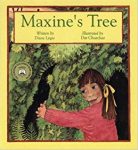
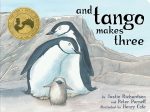
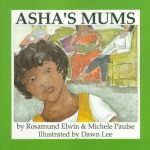
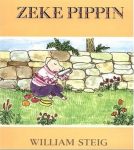

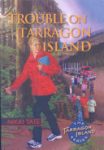
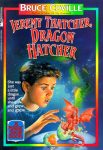

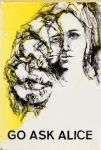
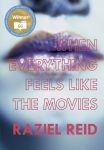
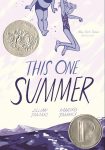





![[Two women and a man holding walking sticks on snow]](https://library-rbsc-2017.sites.olt.ubc.ca/files/2016/12/snow-website-360x300.jpg)
